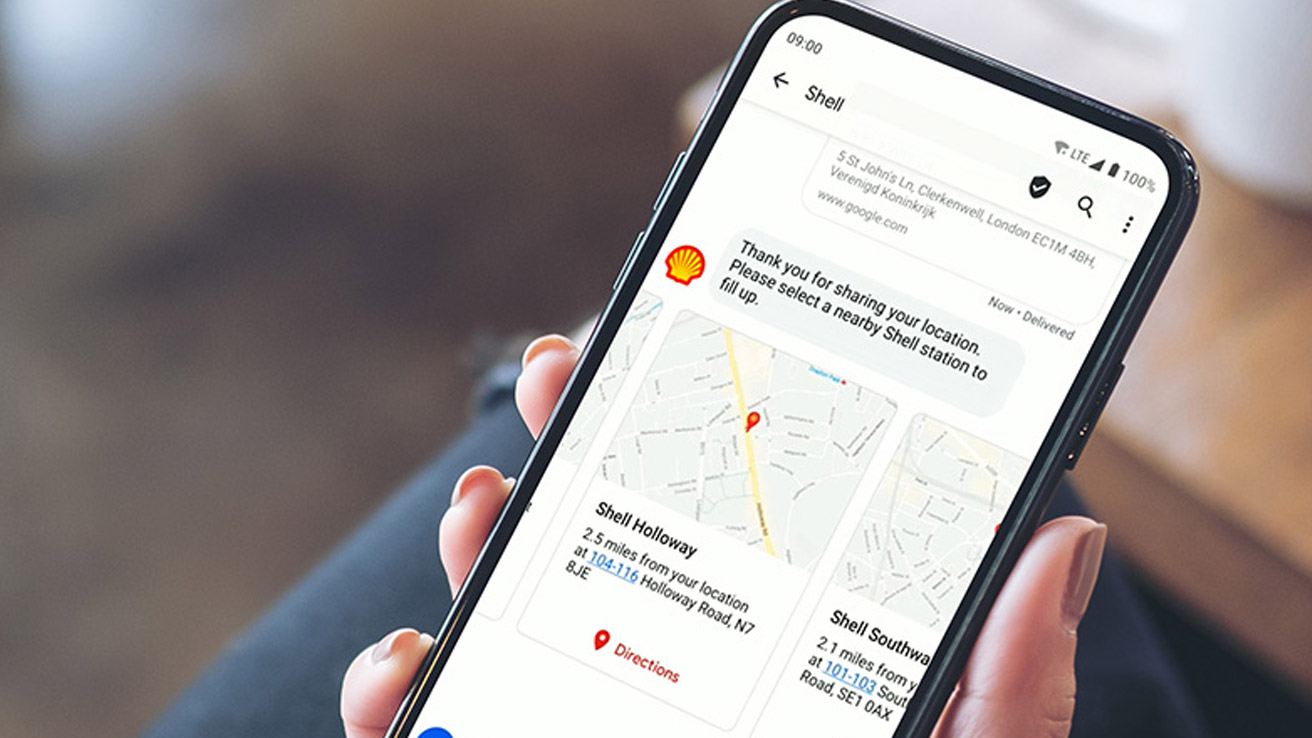What is RCS messaging? Trends, early success and should you invest?
RCS (Rich Communication Services) is the next evolution of mobile messaging - an upgrade to SMS on a global scale that enables brands to deliver incredibly engaging interactions.

Today’s smartphone users want to use messaging a primary channel for engaging with a business. They like its simplicity, convenience and familiarity, and it’s a trend that’s been growing to the point where 83% of consumers now want to learn about a product or service through their favourite messaging channels.
The dominance of messaging has prompted tech giants to invest in their own branded messaging apps, such as the likes of Apple Messages for Business, Messenger, WhatsApp etc. But, while these messaging apps offer a way for businesses to chat with customers and use two-way messaging to craft conversational experiences, they are not universal channels. The sheer number of different messaging apps on offer has created a fragmented landscape with consumers spread across touchpoints, causing customer communications to be coordinated using multiple APIs, channel-specific capabilities and tools for deployment.
The solution to such complexity is a rich-media messaging channel called RCS (Rich Communication Services), also known as RCS chat, that’s been supported by the GSMA, a trade body that represents the interests of mobile network operators worldwide, since 2008.
What is RCS?
An evolution of SMS, RCS spearheads the next generation of mobile operator text messaging technology and is allowing consumers to interact with brands in much more engaging ways.
As part of the GSMA’s Advanced Messaging Standard, RCS is designed to improve messaging functionality, allowing for richer P2P and A2P interactions. It brings all the features and benefits from consumer favourite messaging apps such as Messenger and WhatsApp to native mobile messaging. High-quality picture messaging, videos, group chats, branding, location sharing, typing indicators, carousels, file transfers, rich cards, and much more, are delivered as standard regardless of the network the user is on.
Using the above features, RCS opens up a new way for businesses to make it easier for customers to interact with their brand for purchasing, responding to marketing, gaining support, organising logistics, and much more. Retailers can use the channel to showcase products, make coupon redemption easier and add store locator tools. Banks can use proactive 2-way messaging to deliver fraud alerts and allow customers to authenticate transactions with a tap of a button. Airlines can support a full multimedia check-in experience with tickets, flight updates, and on-demand terminal maps.
While RCS has been around for the last decade under the stewardship of the GSMA, it is now taking off with its new champion, Google. The leader of Android OS and smartphone manufacturer is working alongside the GSMA to lead the adoption of the channel that will unite messaging under a single umbrella. They are working to address the channels drawbacks and improve its commercial viability. Their latest update was the release of Universal Profile 2.2, the latest industry-agreed set of technical standards and features which guides the process of RCS development.
With the foundations laid for businesses to use the channel to transform their A2P messaging, it’s predicted that by 2023, consumers will be engaging with brands via RCS on an almost daily basis.
Early adopters have had success using the channel
Early adopters of RCS have had incredible success using the channel. Subway’s campaigns using the channel have demonstrated how effective the channel can be at capturing attention and driving action, with customers who have subscribed to their RCS service reporting a 60% higher click rate and 146% higher intent to purchase rate when compared to their SMS subscribers.
At the 2019 GSMA Mobile World Congress in Barcelona, RCS was showcased at the GSMA Innovation City’s ‘The Future of Operator Messaging’ exhibit. A number of demos were showcased to thousands of attendees on how RCS can transform real-time customer interactions. The demos were developed with multinational companies such as Hermes, Shell, Barclays, and Sun International, demonstrating the channel's potential for improving customer service, marketing and operational interactions.
What the future holds for RCS and should you invest?
RCS is the long-awaited SMS messaging evolution that has the potential to change the way consumers interact with brands for years to come. It shows great promise as one of the core two-way messaging channels used to enable conversational experiences.
Those businesses that believe in conversational, chatbot-enabled automation as a fundamental way for transforming how they deliver services, provide support and improve CX, should endeavour to test RCS as soon as possible to build customer habits and show the value of their brand’s rich media interactions
Interested in learning more about RCS? Watch the GSMA's Barclays Brand Spotlight video about driving mobile banking app adoption through RCS. Watch here.